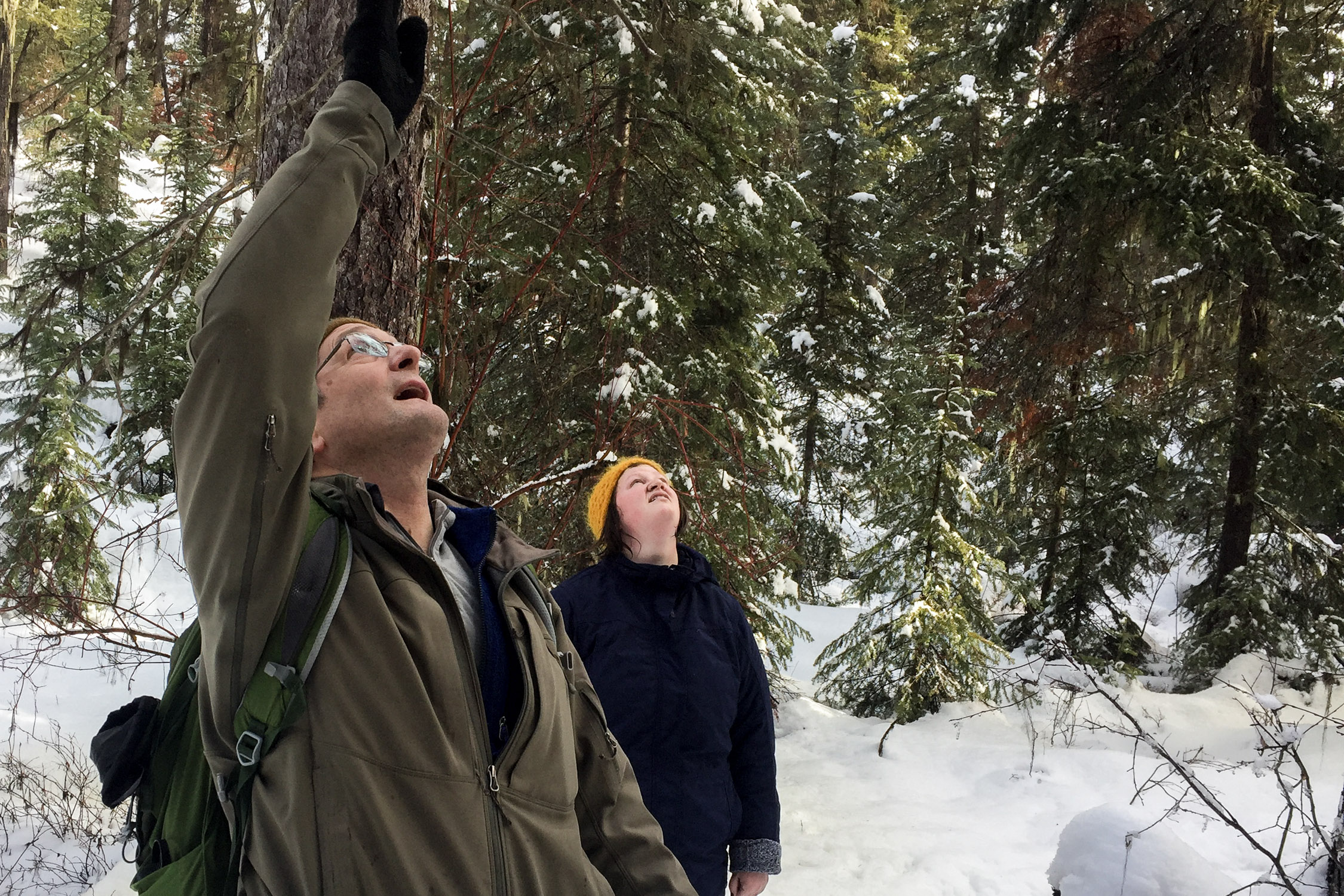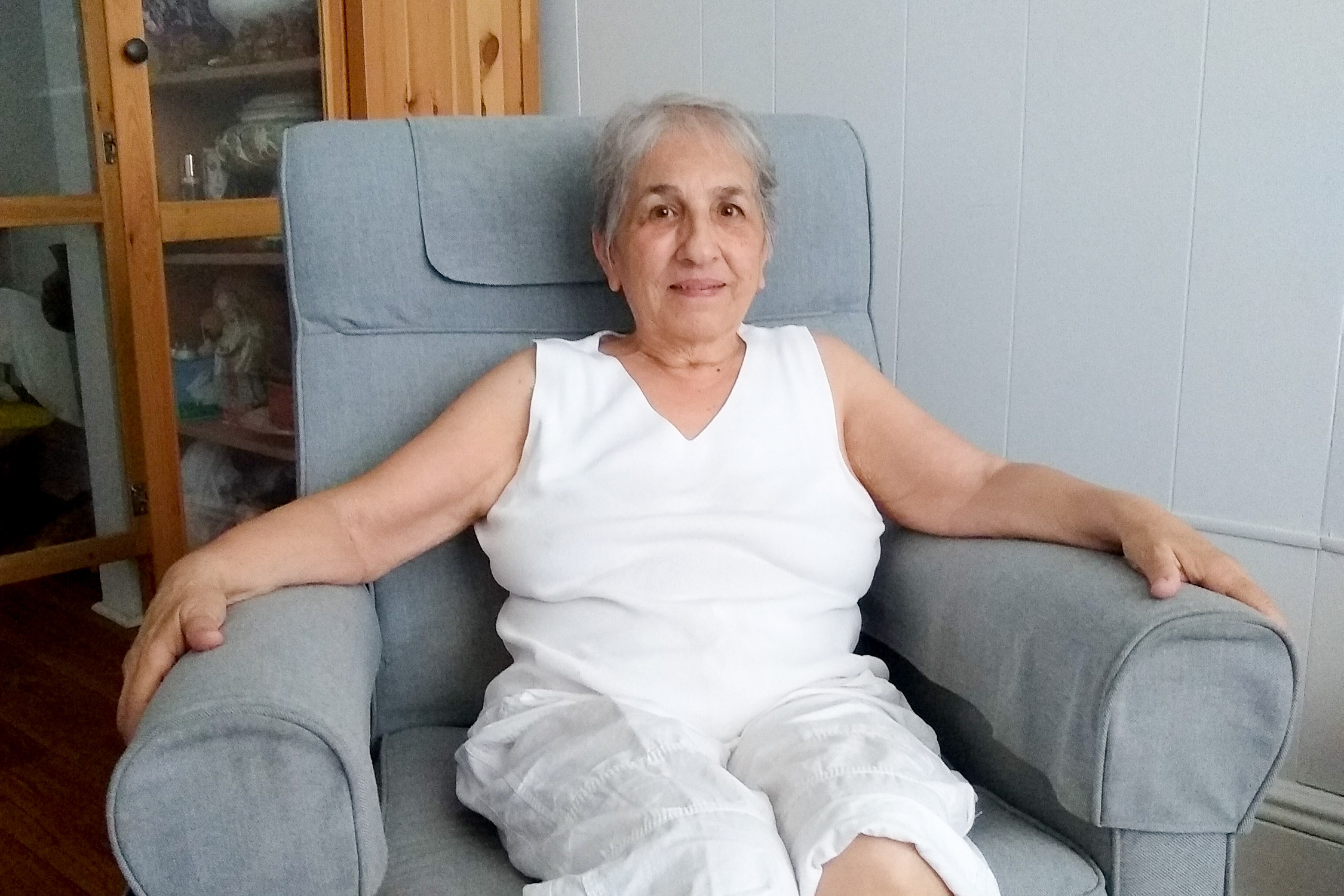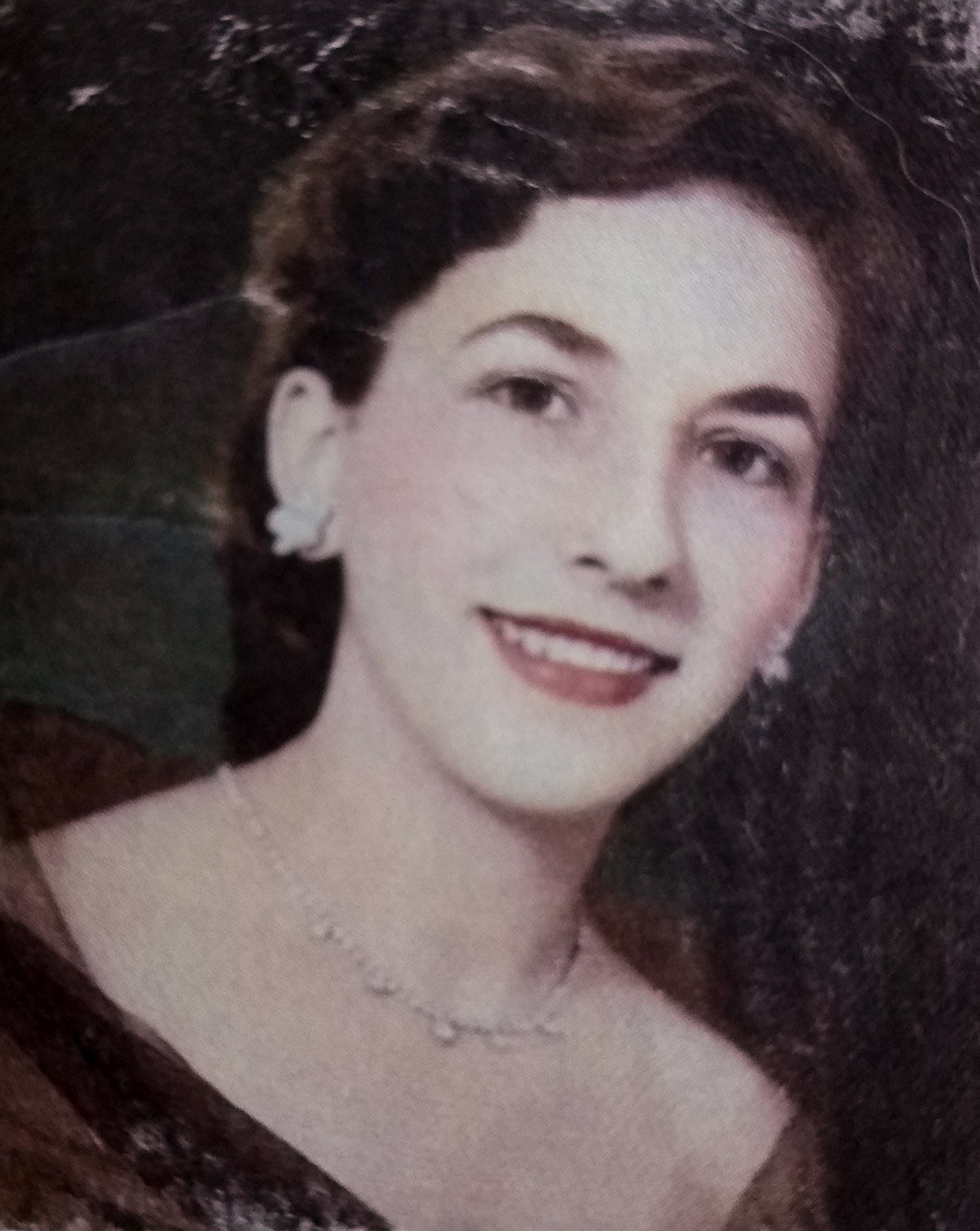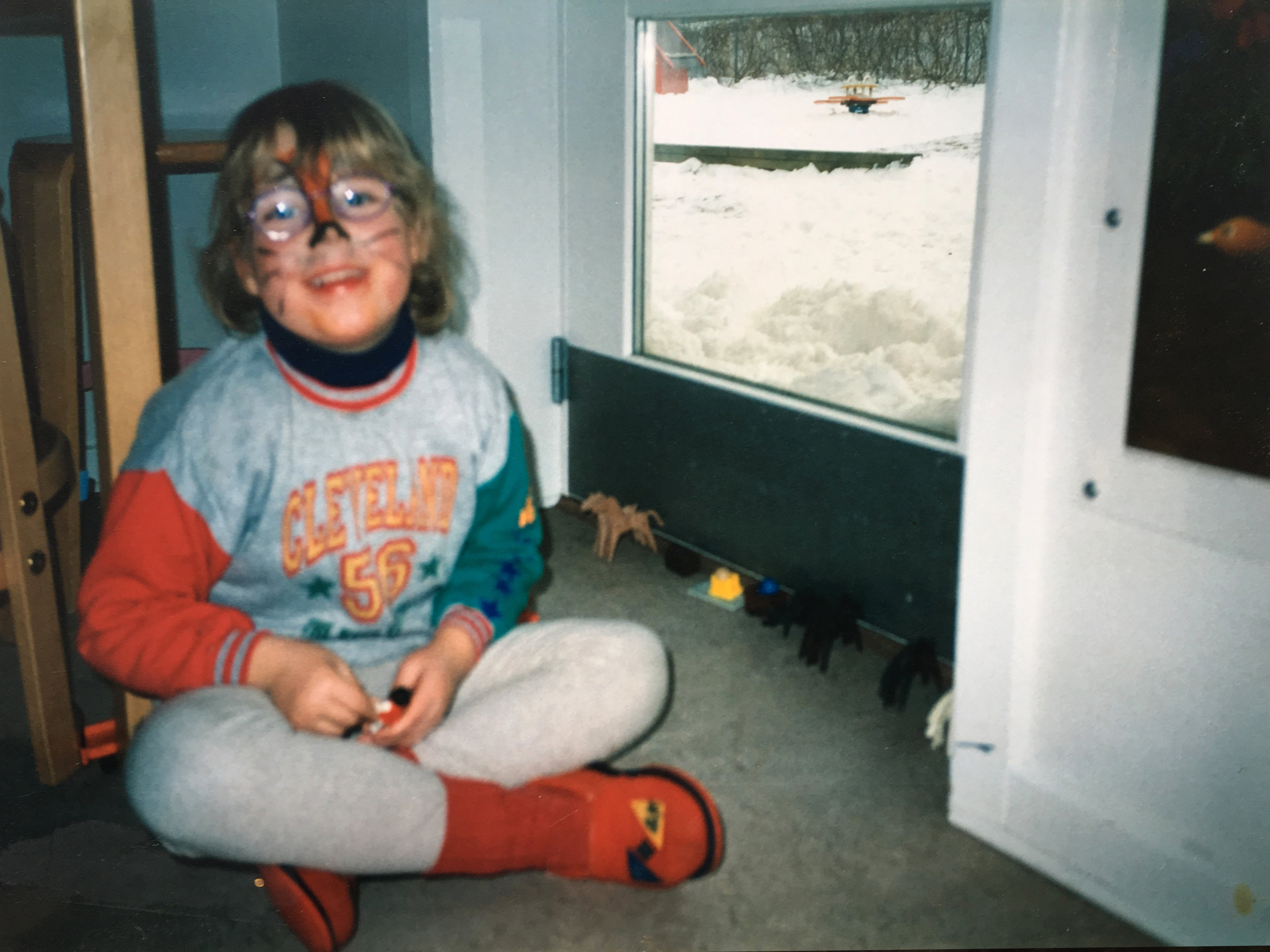HBM113: The Last Ones
/Bethany Denton’s been thinking about grief a lot lately. In 2017, two of her friends, a mother and a daughter, died unexpectedly just two months apart. Since then, Bethany’s started seeing grief in just about everything, including a caribou at Woodland Park Zoo that dropped her antlers after a miscarriage.
Content Note:
Death and Language
Bethany’s good friend, Jesse Brenneman has also been thinking a lot about grief. It was his mother and sister who died in 2017. And shortly after that, his grandfather and father died too. So over the span of a year and two months, Jesse lost his entire immediate family.
When Bethany told Jesse about the grieving caribou mother who’d dropped her antlers after miscarriage, Jesse suggested contacting his next door neighbor Ben Long. Ben is a writer and conservationist with an affinity for caribou.
On a snowy January morning, the three of them drove out to the Flathead National Forest outside of Kalispell, Montana for a walk in the woods. They hoped to find caribou tracks in the snow. Caribou used to be plentiful in northwestern Montana and throughout the continental United States. These days, due to deforestation and destruction of their habitat, the caribou population in the lower 48 could be as low as three animals.
You may recognize Jesse’s voice from his time as a producer for WNYC’s On The Media. Today he is a freelancer of many disciplines living and working in Missoula, Montana.
Further Listening: HBM064: A Shinking Shadow, in which Bethany talks to Jesse’s sister Erin about her eating disorder.
Producers: Jesse Brenneman and Bethany Denton
Editor: Bethany Denton
Music: Jesse Brenneman and The Black Spot





















